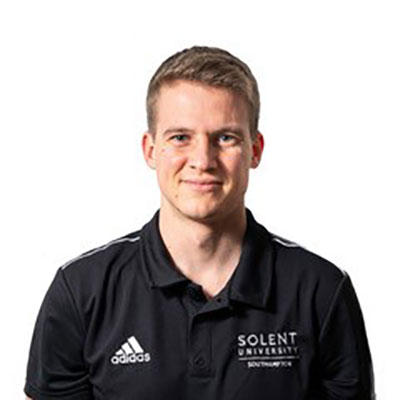Unit of Assessment 24 embodies research-related activities associated with the investigation and evaluation of human function, health, and the social context.
This is a growing area of research enquiry, where interdisciplinary and collaborative partnerships are the underpinning basis of our research-related activity. This exciting research area brings together the expertise of academics from health and exercise psychology, sports psychology, psychophysiology, exercise physiology, sociology of sport, biomechanics, physiotherapy, nursing and neuroscience.
Human Function and Health overview
Live research
Sample of current projects
- The exploration of breathing interventions, HRV in sport settings, and HRV and executive function.
- Multimodal research incorporating mobile brain imaging, ambulatory ECG and EMG to evaluate the relationships between cognitive and physical function.
- Evaluation of electro-cortical brain activity in older adults and neurological diseases.
- The use of simulated environments (VR) to optimise decision making and anticipation in sport and use of VR in treatment of sporting-related phobias
- A collaborative research project with The University of Exeter exploring the validity and fidelity of simulated shipping environments within the maritime industry.
- The reliability and sensitivity of the sub-maximal yo-yo intermittent recovery (level 1) test in professional soccer players during a 6-week pre-season.
PhD project themes
- Adherence and motivation to exercise.
- Optimal functioning in strength and conditioning.
- Nursing pedagogy.
- Psychological care and wellbeing within allied health professionals.
- Achieving optimal running performance and economy.
- Growth, mindset, and physical education.
- Range of motion and muscle hypertrophy.
- Training dose and 1RM strength in powerlifters.







